Back-to-School Hits: 9 Tips for Creating the Ideal Home Study Space
With the start of the new school year just around the corner, having a study room for your child is critical, as it serves as an extension of the classroom and creates a favorable environment for learning during after-school hours!
Creating the ideal learning environment at home is critical for increasing productivity and focus during study sessions. Here are nine suggestions to help you create the optimal study environment:
Choose the Right Location
Select a quiet and relatively secluded area in your home. Avoid high-traffic areas or places with distractions like TV or heavy foot traffic.
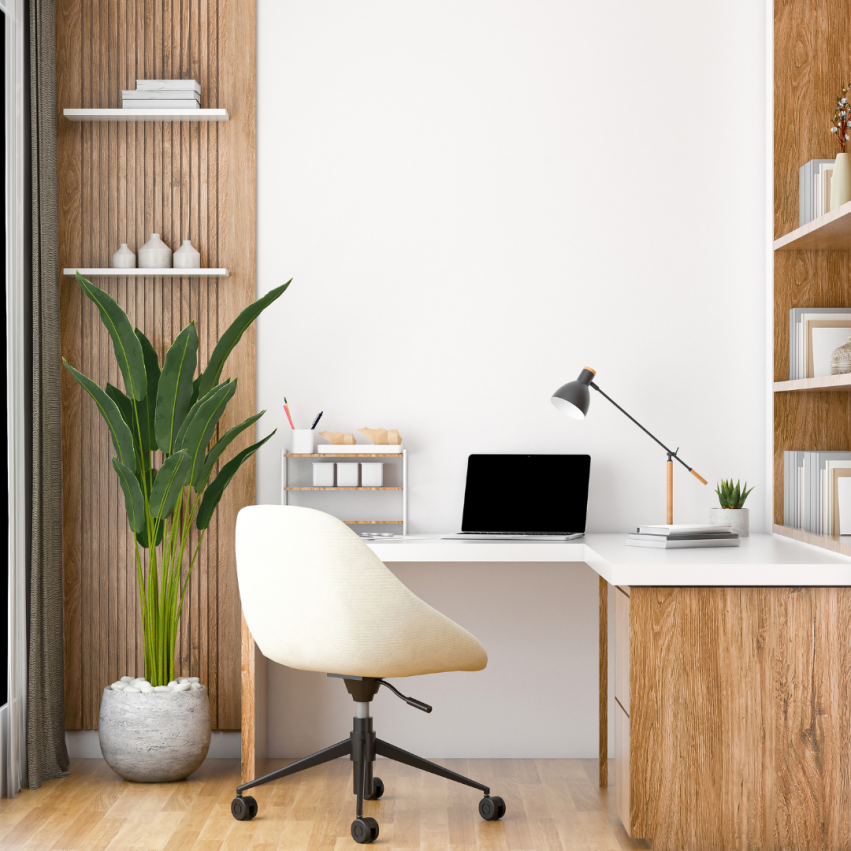
Natural Light
Whenever possible, set up your study space near a window to take advantage of natural light. Natural light is not only easier on your eyes but also promotes a more positive and energetic atmosphere.
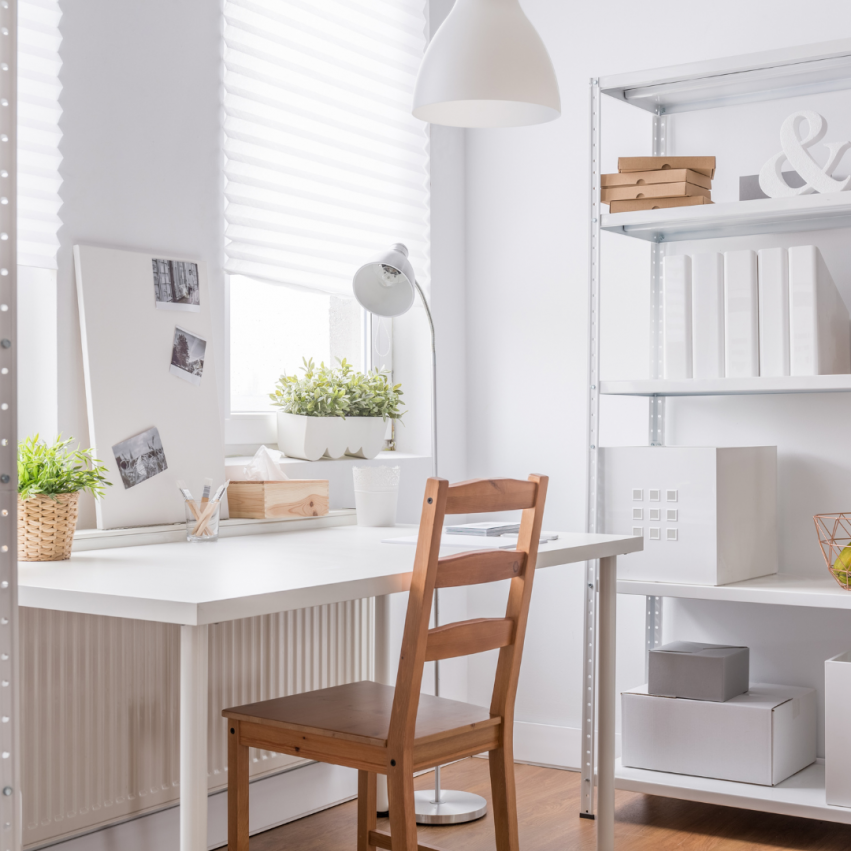
Ergonomic Setup
Invest in a comfortable chair and a desk of appropriate height to maintain good posture during study hours. An ergonomic setup reduces the risk of developing musculoskeletal issues.
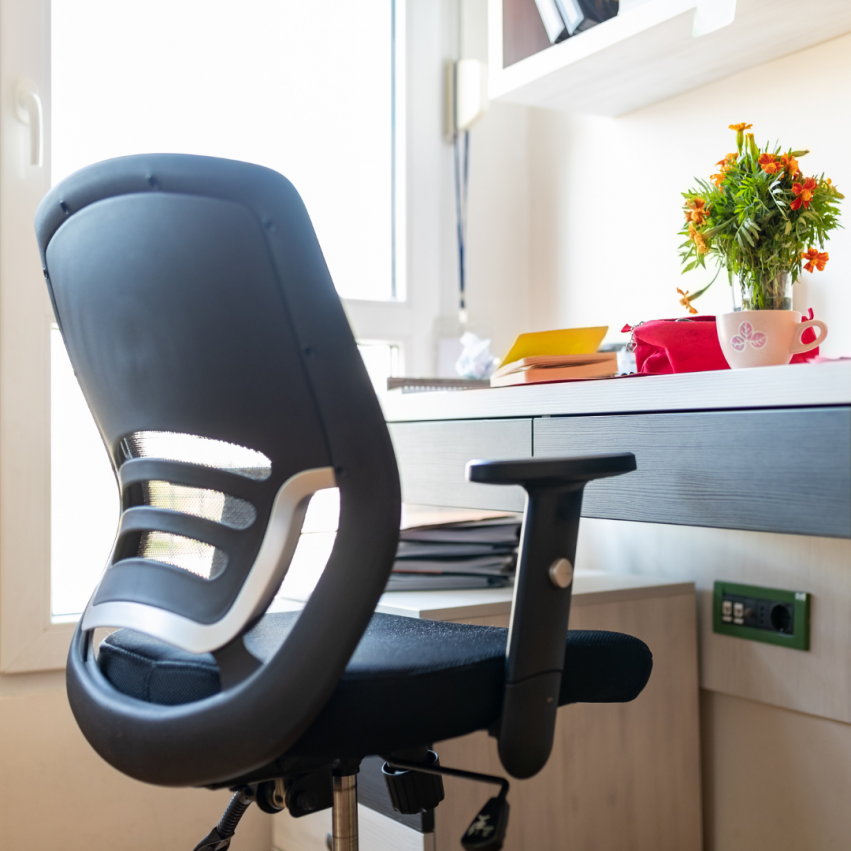
Declutter
Keep your study area tidy and organized. A clutter-free environment can enhance focus and prevent unnecessary distractions.
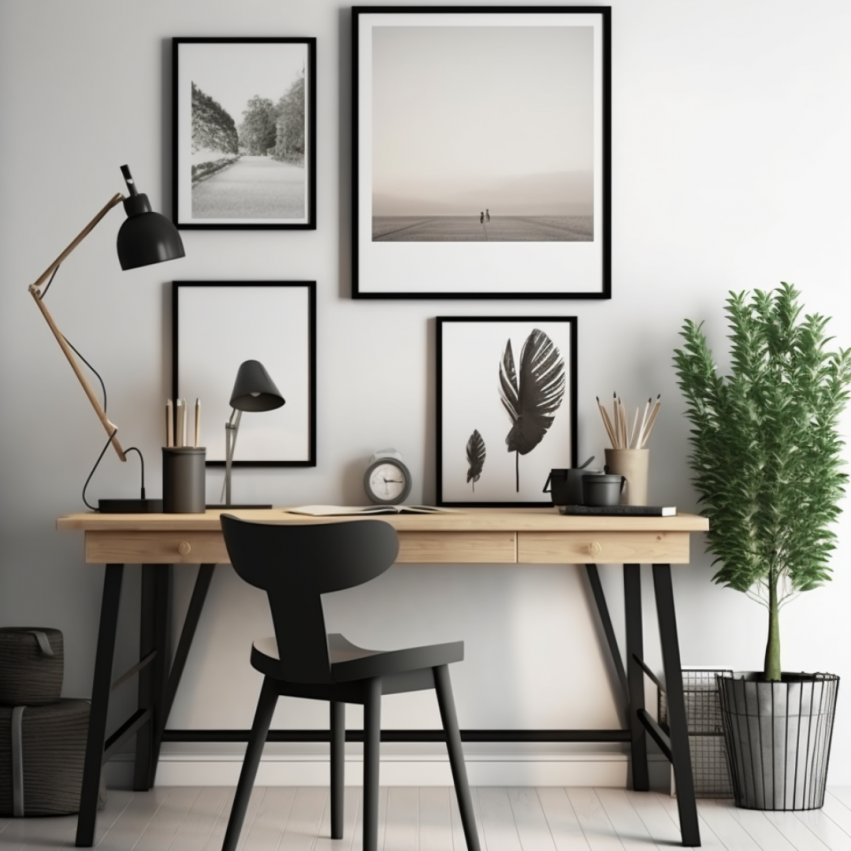
Personalize the Space
Add some personal touches to make the space inviting and comfortable. Inspirational quotes, artwork, or plants can create a positive ambiance.
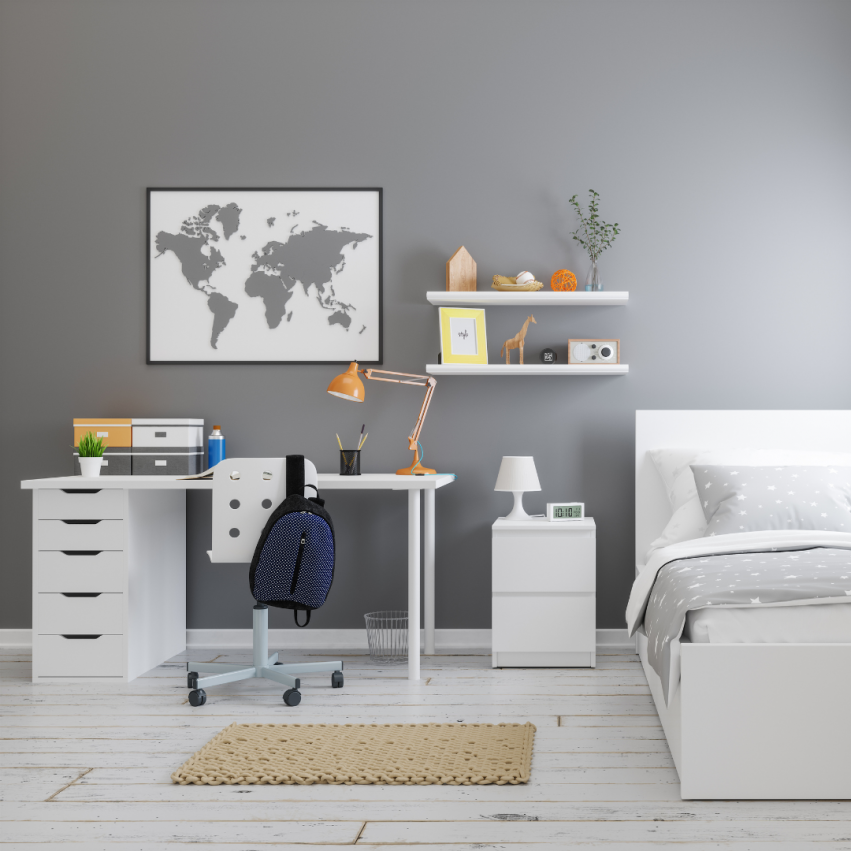
Noise Management
If there are unavoidable noises in your home, consider using noise-canceling headphones or playing white noise or soft background music to mask distractions.

Proper Lighting
In addition to natural light, ensure you have adequate artificial lighting for evening or low-light study sessions. Avoid harsh, bright lights that can strain your eyes.

Limit Digital Distractions
Keep your study area free from electronic devices that are not necessary for your studies. Use website blockers or apps to prevent distractions from social media or entertainment websites.
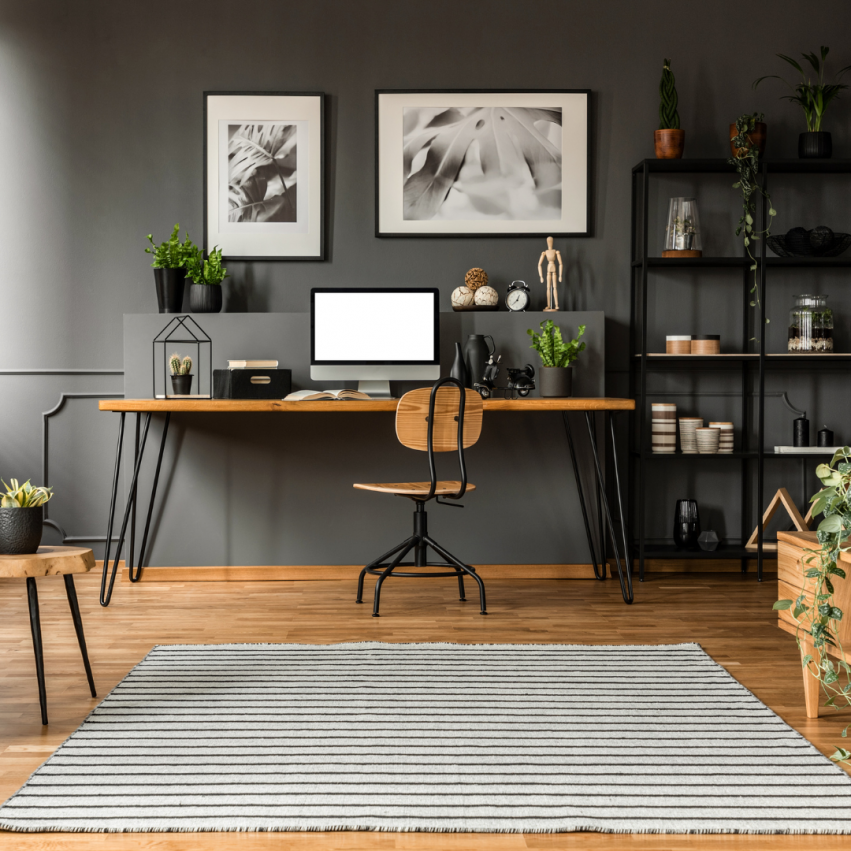
Study Supplies at Hand
Stock your study space with essential materials like pens, notebooks, textbooks, and reference materials. Having everything you need within arm's reach minimizes interruptions.





